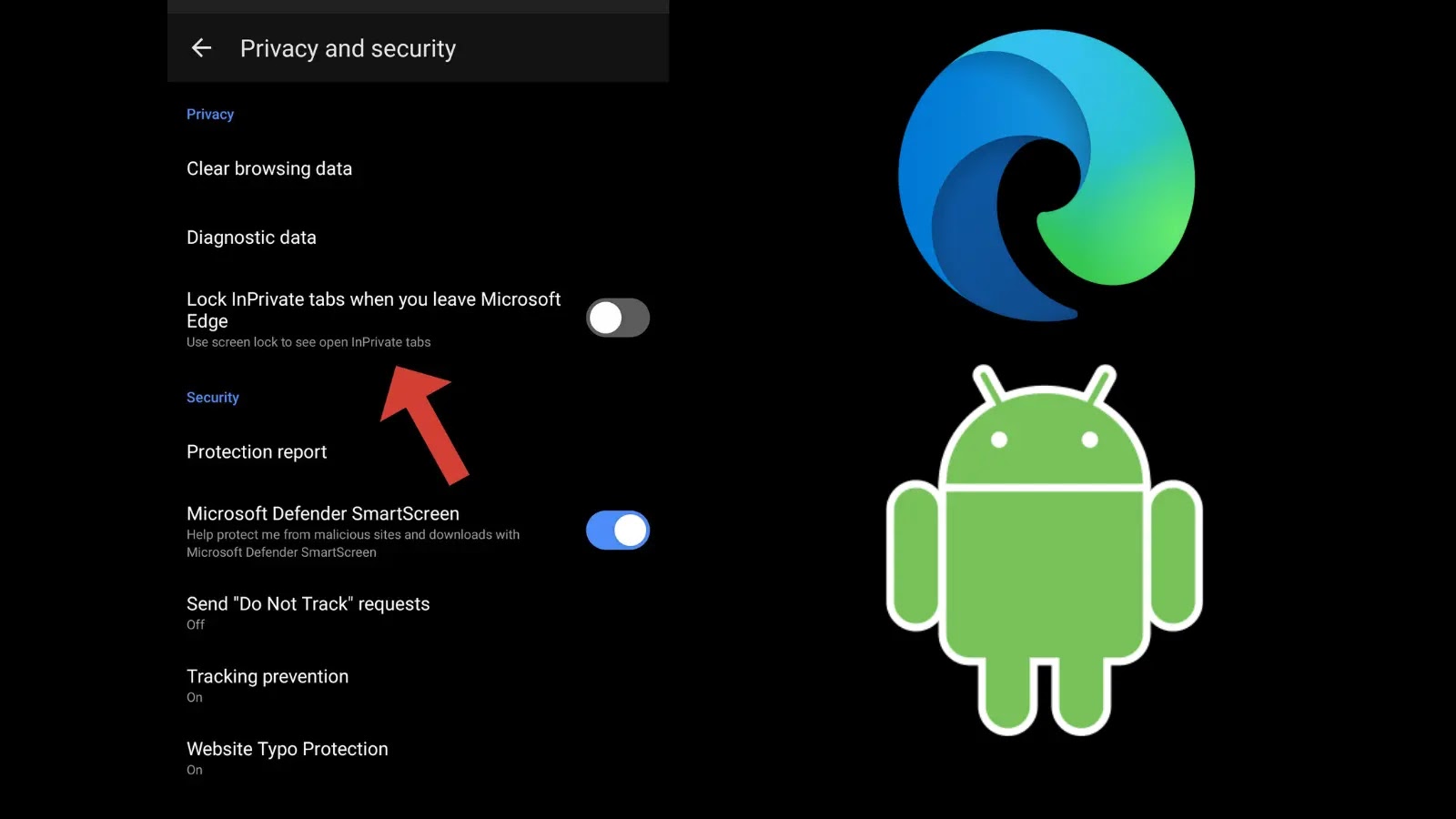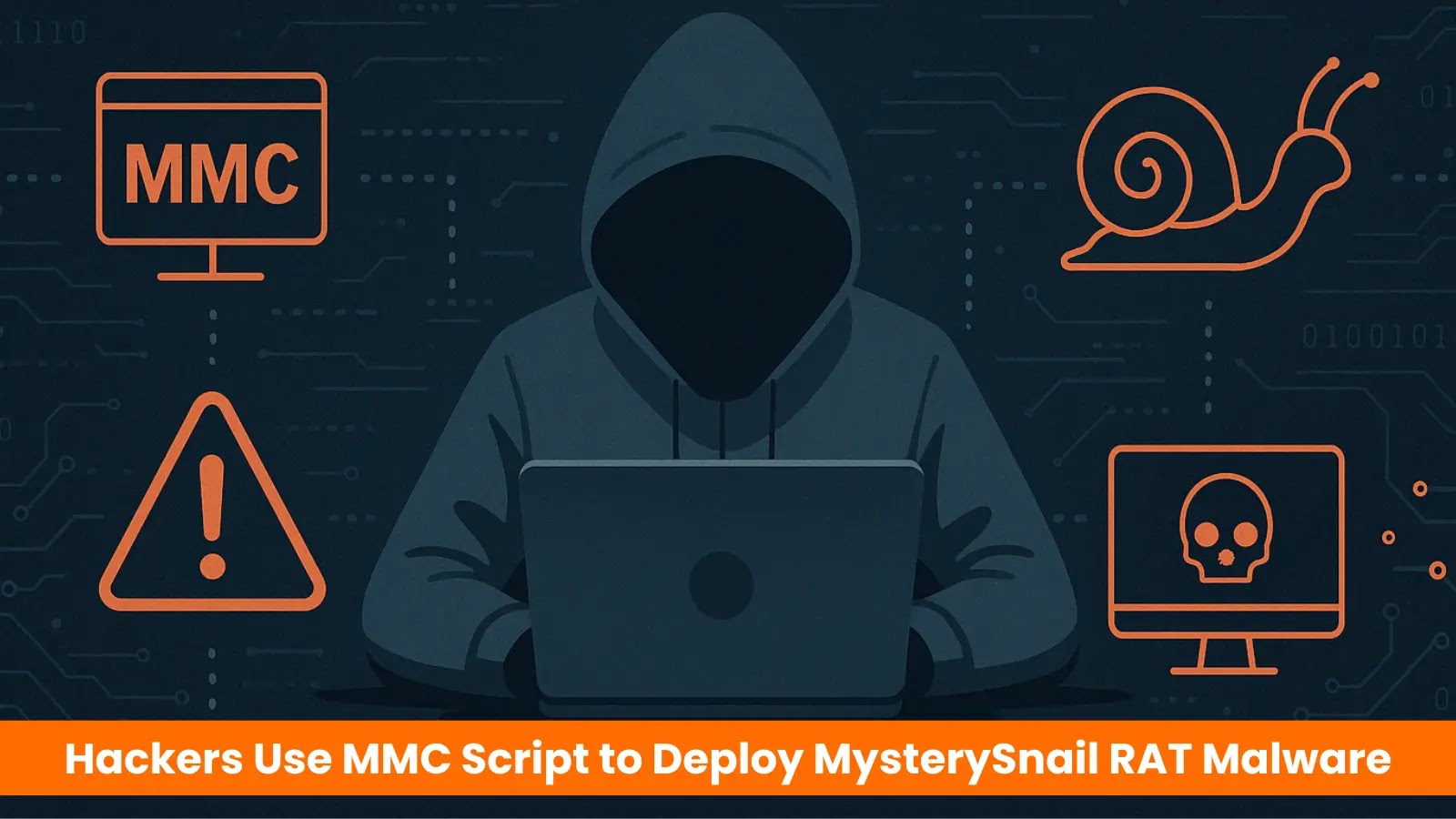CISA has issued an urgent security advisory, adding Microsoft Windows privilege escalation vulnerability CVE-2021-43226 to its Known Exploited Vulnerabilities (KEV) catalog on October 6, 2025.
The vulnerability affects the Microsoft Windows Common Log File System (CLFS) Driver and poses significant security risks to enterprise environments.
The CVE-2021-43226 vulnerability resides within Microsoft’s Common Log File System Driver, a core Windows component responsible for managing transaction logging operations.
Microsoft Windows Privilege Escalation Flaw (CVE-2021-43226)
This privilege escalation flaw allows local, authenticated attackers with existing system access to bypass critical security mechanisms and elevate their privileges to SYSTEM level access.
According to Microsoft’s Security Response Center, the vulnerability stems from improper validation of user-supplied data within the CLFS driver’s memory management routines.
Attackers can exploit this weakness by crafting malicious CLFS log files that trigger buffer overflow conditions, leading to arbitrary code execution with elevated privileges.
The exploit requires local access and standard user privileges as prerequisites, making it particularly dangerous in enterprise environments where attackers have already gained an initial foothold through phishing or social engineering attacks.
The vulnerability affects multiple Windows versions, including Windows 10, Windows 11, Windows Server 2016, Windows Server 2019, and Windows Server 2022.
Security researchers have identified proof-of-concept exploit code circulating in underground forums, increasing the likelihood of active exploitation campaigns.
| Risk Factors | Details |
| Affected Products | Microsoft Windows 10 (all versions)Microsoft Windows 11 (all versions)Windows Server 2016Windows Server 2019Windows Server 2022Windows Server 2008 R2 SP1Windows 7 SP1 |
| Impact | Privilege Escalation |
| Exploit Prerequisites | Local access to target system, Authenticated user account, Ability to execute code locally, Standard user privileges minimum |
| CVSS 3.1 Score | 7.8 (High) |
Mitigations
CISA has established a mandatory remediation deadline of October 27, 2025, requiring federal agencies and critical infrastructure organizations to implement security patches immediately.
The directive follows Binding Operational Directive (BOD) 22-01 guidelines, which mandate swift action against vulnerabilities with evidence of active exploitation.
Organizations must apply Microsoft’s security updates through the standard Windows Update mechanism or Windows Server Update Services (WSUS) for enterprise deployments.
System administrators should prioritize patching domain controllers, file servers, and other critical infrastructure components first.
For systems unable to receive immediate updates, Microsoft recommends implementing Application Control policies and Windows Defender Exploit Guard as temporary mitigations.
The vulnerability’s addition to CISA’s KEV catalog indicates confirmed exploitation in real-world attack scenarios, though specific ransomware campaign attribution remains unknown.
Security teams should monitor for suspicious Event ID 4656 and 4658 logs indicating unauthorized file system access attempts, particularly involving CLFS-related processes like clfs.sys and clfsw32.dll.
Organizations should conduct immediate vulnerability assessments using tools like Microsoft Baseline Security Analyzer or third-party scanners to identify vulnerable systems across their infrastructure.
Follow us on Google News, LinkedIn, and X for daily cybersecurity updates. Contact us to feature your stories.




